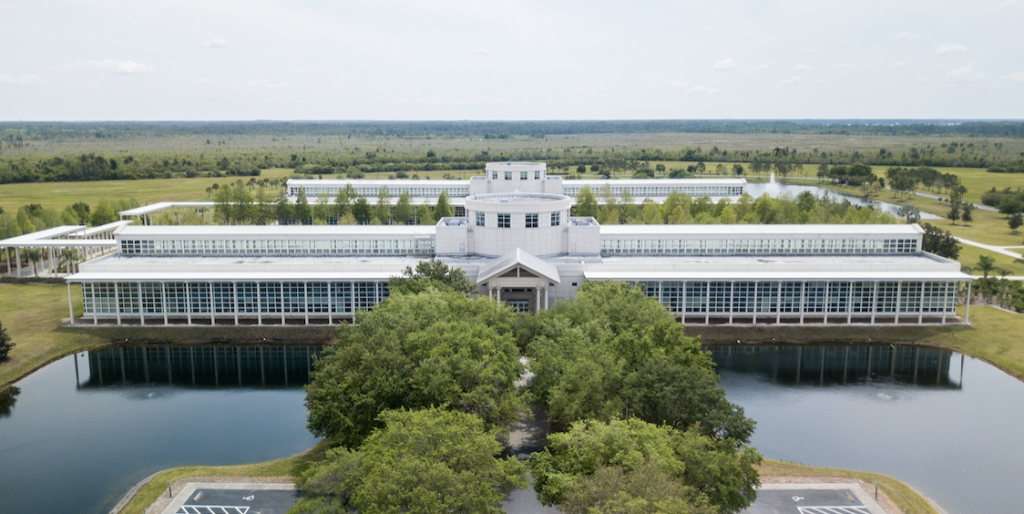
Orlando-based Cru is one of the largest Christian organizations in the U.S., with chapters on nearly 2,300 campuses
The two evangelical Christian organizations that were denied campus affiliation last fall are now officially registered as student organizations at Rollins.
Cru and InterVarsity, two national campus ministry organizations, changed their student leadership selection processes to abide by the College’s non-discrimination policy. The groups were officially established and accepted as registered student organizations in mid-March.
The organizations’ applications were initially denied because their statements of faith prohibited gay students from holding leadership positions, which violated Rollins’ non-discrimination policy. Both organizations have now agreed to abide by the policy and allow all students, if actively participating members, to run for those positions.
To the students eager to join the groups, their inclusion may reshape their Rollins experience.
“This is really pivotal to me,” said Papaa Kodzi (‘20), one of the student leaders of Rollins’ new Cru chapter. “My faith is one of the things that defines me the most. To have a space that is Rollins sponsored, and a group that enables me to strengthen my faith and be with others who are trying to walk the same path as I am, that’s crucial. That’s everything to me.”
The change comes after nearly a year-long conversation between President Grant Cornwell and various leaders of the national organizations. Cornwell spent the fall semester talking to students, staff, and national constituents about whether he should make changes to the non-discrimination policy, because at the time, it did not technically allow religious organizations to practice freely on campus in the way the groups selected their leaders.
The ongoing debate left many people in an uproar. Students protested, signed petitions, and passed student government legislation; faculty voted on resolutions to uphold the policy.
“I remember reading the articles and seeing the protests and all last semester, and I felt sad,” said Kodzi. “I didn’t think it reflected what I believe my faith is and what I believe in myself. The things that people accused Cru of, or accused the members of Cru of, I just kept asking ‘is that actually true?’”
By December, Cornwell reaffirmed the college’s non-discrimination policy and chose not to add an exemption statement for the organizations.
Additionally, he added a new section to the policy that requires every student organization to clearly present and explain its student leadership selection process as a way to verify that the non-discrimination policy is being followed and give the administration a clear understanding of why certain leaders are selected.
In the past, Cru and InterVarsity could deem certain members ineligible to stand for leadership positions based on how the student aligns with its statements of faith, which are sets of promises that range from believing there is one true God to not engaging in premarital sex. These statements of faith are what, in the past, prevented openly gay students from being able to run for leadership positions.
That was what happened in 2013, when InterVarsity was kicked off campus after prohibiting a gay member from holding a leadership position. Now, Cru’s inauguration and InterVarsity’s return represents the beginning of a new relationship with the campus.
“The issue at hand was never membership. Membership was always open in these organizations. The issue of dialogue was around leadership selection within the organizations and whether the non-discrimination policy applies to leadership selection versus membership,” said Mamta Accapadi, vice president of Student Affairs, who has played a key role alongside Cornwell in the conversation between Rollins and the national organizations.
“What has changed is the structural process of leadership selection,” said Cornwell. “The new constitutions make it clear that every student is welcome to be a member, and if they’re participating and are in good standing, every member is welcome to stand for election,” he said. “That changes everything.”
Leadership selection
Every student organization must have its constitution updated by the fall to abide by the new requirement. “Generally, we have about 150 student organizations,” said Abby Hollern, director for the Center of Inclusion & Campus Involvement. “So, we have gone through and met individually with any organization that is currently active, to go over their constitution.”
Last fall, Cornwell outlined guidelines for student organizations’ leadership selection process—specifically that they have to be democratic and transparent. “Everybody has to have the same process,” said Rev. Katrina Jenkins, dean of Religious Life. “Hillel has to change over its constitution, because it appoints [leaders]… Right now, I’m working with the Muslim Student Union about updating its constitution.”
Cru-at-Rollins-ConstitutionNow, both Cru and InterVarsity have laid out specific guidelines within their constitutions. Any active member, regardless of their personal identity, is permitted to run for office as long as they are active members and in good standing with the College. Both organizations define an active member as a student who has attended at least 75 percent of the chapter’s meetings for at least one semester and at least one nationally sponsored retreat or conference.
According to Cru’s constitution, an active member must be nominated at least twice to be put on the ballot. From there, the person will write a personal statement and answer questions about “their knowledge of Cru’s teachings, about their experience leading and using Cru’s tools, and about their religious beliefs and values… Answers do not determine eligibility, but allow the voters to be better informed about the views and abilities of those on the ballot as they decide to cast their votes.”
InterVarsity’s constitution reads, “All active members are eligible to stand for election and to be placed on the ballot whether or not they meet the chapter’s religious expectations for leaders…, as required by Rollins’ non-discrimination policy.”
InterVarsity-Chapter-ConstitutionInterVarsity’s election process is similar to Cru’s: a student must be nominated, write a personal statement, and answer questions about their understanding of the organization’s religious practices.
Kodzi said that the national organization will not provide any required questions to ask candidates and that Jenkins provided the groups with outlined question restrictions to “make sure nobody feels trapped.” He said that questions will be built to let potential leaders tell the story of their faith. “The spirit behind that is to give the members a deeper understanding of who the person actually is and what they believe,” he said.
Accapadi said that the groups cannot ask candidates identity-based questions, but members could host debates with topics that relate to their religion, similar to the way all elections run; such as: What is your stance on abortion? What is your stance on same-sex marriage? Then, the members can use their responses to decide if they want to vote for that person to lead the organization.
“I know that Katrina [Jenkins] will be fully present in any of these election conversations to make sure that we’re respecting the well-being of students,” said Accapadi. Jenkins will serve as the organizations’ faculty advisor. She will sit in on meetings, oversee elections, and make sure all constitutional processes are followed.
Student involvement
Jenkins is currently organizing different ways for the groups to become easily integrated into the campus community, and she has been working closely with the students leading the charge. Jakobi Bonner (’20) and Johanna Brown (’20) are the main students working with InterVarsity’s involvement, according to Accapadi, while Laura Tobin (’21) and Papaa Kodzi (’20) work with Cru.
“I feel like we’re going to have a hard time kind of showing people what our true identity is, that we’re not a group that’s created to hate on anybody or exclude anybody, but rather we all want to live in harmony and community,” said Kodzi. “But, I think that’s going to be really hard because of the perception that’s been built up.”
It is unclear how many students plan to join these organizations; however, in the fall, a petition with approximately 120 student signatures in favor of the groups’ recognition was presented to Cornwell.
Kodzi said that not having a campus space that fit with his religious beliefs was one of the things that made him feel isolated when he first came to Rollins. “There are a lot more reasons to feel isolated and to feel sad, but religion should not be one,” he said.
Cornwell looks forward to making sure students do not feel this way moving forward. “What I want to make sure is that students from all faith traditions feel like they can pursue a liberal education here, and also explore and deepen both their own faith traditions and others,” said Cornwell.
The groups joined all of Rollins’ other religious groups for an interfaith retreat last weekend. Rollins has many religious organizations on campus, including four other Christian groups: Exalt, Catholic Campus Ministries, Leaders United in Christ (LUX), and Every Nation Campus Ministry. Jenkins hoped this retreat will give the groups a sense of community and support.
Jenkins echoed the importance of students learning from one another’s beliefs: “If we can’t have conversations at a college level, if we can’t have hard discussions about differences in religion on a college campus, then where are we going to have them?”
“This is a training ground, a ground where we are all supposed to learn from each other,” Jenkins continued, “especially if you look at the world around us right now, people are not talking. So, we are creating a level here where people can understand all kinds of diverse points of view.”
“Not every Christian is the same. Not all Catholics are the same. Not every faith is the same,” Jenkins said. “There is a spectrum across the board, and we need to understand and learn. I think that this provides an opportunity for groups to be able to come together.”

Cru’s headquarters are located in Orlando.
Accommodating all parties
To some, the organizations’ integration into campus may come as a surprise. After a semester-long debate that ended with no changes made to the non-discrimination policy, many did not expect the organizations to willingly abide by the policy so quickly.
“I don’t think it was as black and white,” said Accapadi. “The general conversation looked more like, ‘We encourage you to reapply. We think that this new methodology is a pathway forward.’”
“I can’t speak for InterVarsity, but our stance through the whole thing was that we didn’t want to make enemies within the Rollins community,” said Kodzi. “We took a step back and let Rollins tell us what to do so that we could come be a part of the campus. We just waited for Dr. Cornwell to make the decision, and when he did, that’s when we revamped our constitution and included the new policies to make it fit within the Rollins community standards.”
Cornwell is not surprised that the groups reapplied. “At every forum, I said, ‘And I hope that they will [re]apply.’ We were doing this to try and seek an accommodation and a position that all the organizations involved—Rollins, Cru, InterVarsity—can live with,” said Cornwell.
“Once I sent out our position, I didn’t know if they might say, ‘Well we just can’t live with that.’ But they did. They said, ‘We respect the campus’ process and policy, and we intend to work in accordance with it.’”
Cornwell worked closely with Mark Gauthier, Cru’s vice president. Gauthier did not respond to The Sandspur’s emails for comment.
The role of national organizations
As one of the largest Christian organizations in the United States, Cru has active groups on 2,300 campuses. InterVarsity has more than 1,000 chapters across 650 campuses in the U.S.
The national organizations serve as facilitative partners comparable to the way national organizations for fraternities and sororities oversee their chapters. Jenkins will serve as a liaison between the students, the College, and the national organizations.
“The goal of student organizations is to represent the student body. So this isn’t an organization for people from off campus to come and change our campus,” said Hollern. “These are our students, staff, and faculty who want to be a part of these groups, and so it’s important that we have representation, and this was the best way to do that while holding true to Rollins’ values.”
As large organizations with thousands of chapters, it is not common for chapters to receive exemption from following the national policy.
“I think that in some cases, we are a novel case. It’s a trial, maybe, for both of us. This is a new resolution, and I think that we’re all going to be getting used to it,” said Cornwell.
Accapadi said, “I really think that the groups are genuinely trying to be a partnership and work with us. So, I sit in optimism around that… I think that they have a commitment to uphold [the non-discrimination policy].”
When asked whether the campus will trust that the groups will follow the non-discrimination policy, Cornwell said, “It doesn’t call for trust, actually. The process, and transparency within the process, is what we will be holding everybody accountable to. So, it doesn’t actually call for trust. It calls for vigilance on both of our parts to make sure everybody is playing by our rules, and that we will do.”


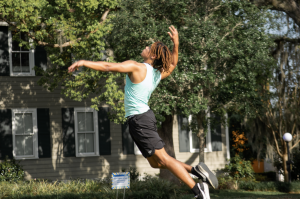






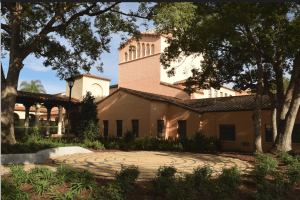



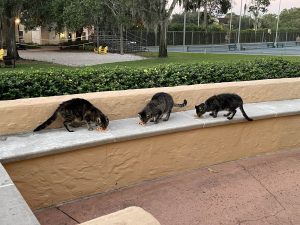
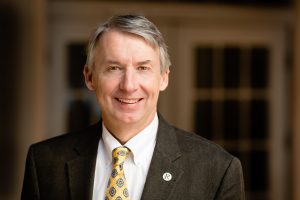

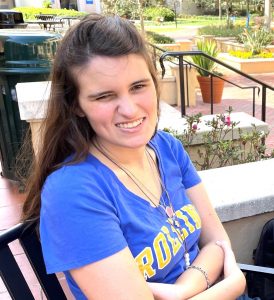

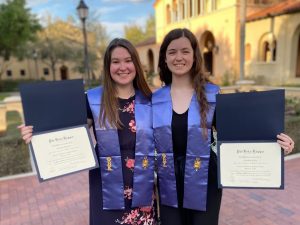


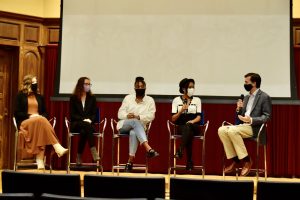
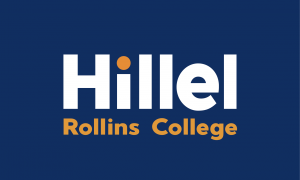
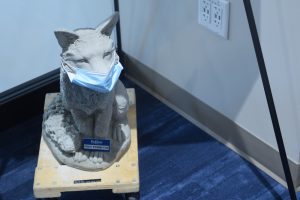
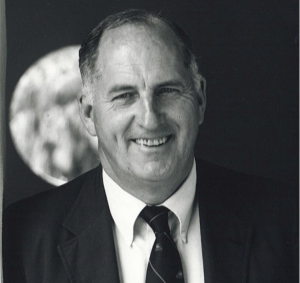
Be First to Comment